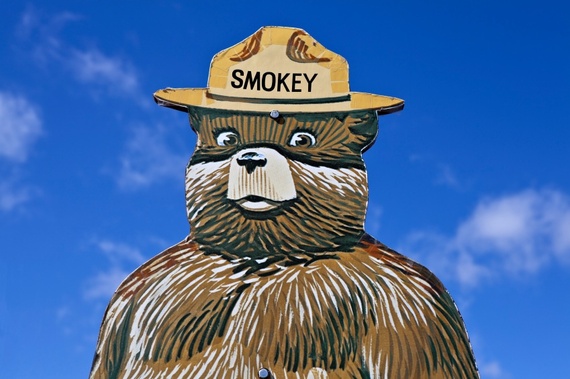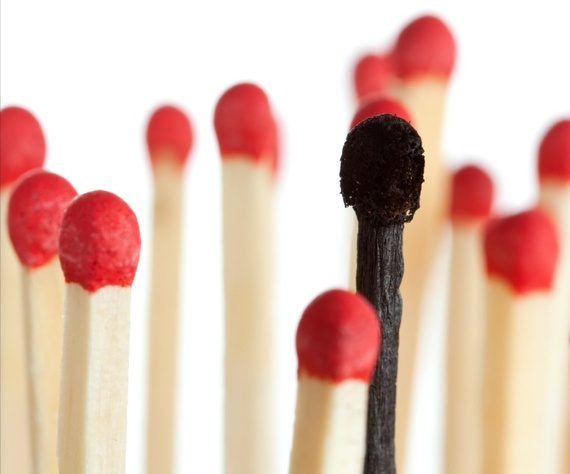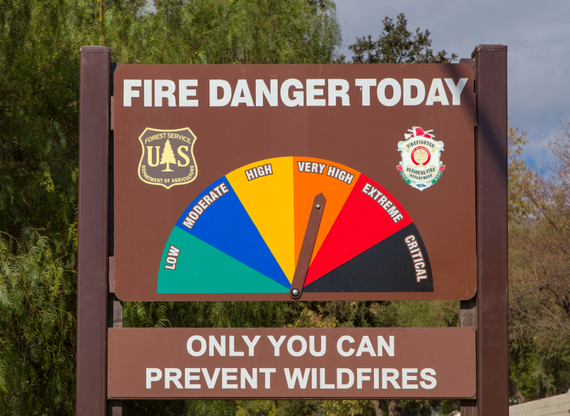Today is the start of Employee Wellbeing Month, and let's be honest: disrupting burnout seems like quite the tall order these days.
The market is complex. The needs are great. We are earnest to do impactful work.
Organizational resources are depleted, and leaders have to magically pull rabbits out of their hats to make it all work.
Change is the only constant. Fingers are pointed. People are blamed for systemic issues. We get weighed down. We forget to look at the larger context bearing upon us. There's little time to reflect and revise.
The concept of burnout was originally defined by Herbert Freudenberger in the 70's. Since then, researchers and practitioners have demonstrated how it sabotages engagement and erodes our sense of well-being and effectiveness. Burnout has become an occupational risk for far too many of us. It snuffs out our energy, forcing us on autopilot and to the land of cynicism.
We lose sight of what matters. Burnout zaps our drive and erodes at our health and wellbeing. It's pervasive and contagious, but like nature's wildfires, we can do something about it.
The factors that cause burnout are complicated. Learning to extinguish the flames requires concerted and collective effort. There's too much at stake to let it ravage our workplace and spill over into every inch of our lives. Yet, most of us are neglecting the basics of Stress Management 101. A recent APA Stress in America Study reveals that 1 in 5 Americans report they "never engage in an activity to help relieve or manage their stress". Never? This seems like a disaster waiting to happen. Here are five ways we can form a brigade and prevent rapid destruction:
1. Keep your bucket filled. Avoid the tendency to use up all your reserves and run on empty. You need them on hand to draw upon to sustain yourself. Invest in caring for yourself and replenishing your system. Regularly hose yourself (and possibly others) down.
2. Take it serious. Burnout is no joke. A small spark can lead to catastrophe. Be proactive. Get ahead of the flames. Don't wait until the fire is raging to do something about it. Burnout is destructive and a force to be reckoned with. Celebrate human capability and promise, but respect that we all have limits. Our work is incredibly important, but nothing is worth getting sick over.
3. Identify protective factors. Consider what contributes to your resilience. Relationships, faith and humor provide armor against the devastating heat we often face. Identify your go-to people and activities and make sure you are connecting with them regularly.
4. Rethink Smokey the Bear's Advice. Smokey says "only you can prevent wildfires", but isn't it really "only we"? Burnout is not an individual problem, but something that requires attention at every level of organizational life. For maximum impact, we've got to find ways to cultivate healthy practices and policies in organizations. It's incumbent upon leaders and all of us to work to foster health and wellbeing.
5. Call in the experts. As with any fire, professional expertise and intervention are needed. Who are your firefighters? Organizations can institute coaching and wellness programs to bring out the best in their employees. Individually, we can also find trusted colleagues, mentors, coaches and therapists to help sustain us and maximize our health and performance.
Given the market conditions and escalating risk of burnout, we need to link arms and find ways to prevent it together. As Employee Wellbeing Month gets underway, what changes can you or your organization make to help mitigate the risks of stress overload and burnout? Start your strategy by remembering that within today's complex landscape, we are more likely to do well when we feel well.


